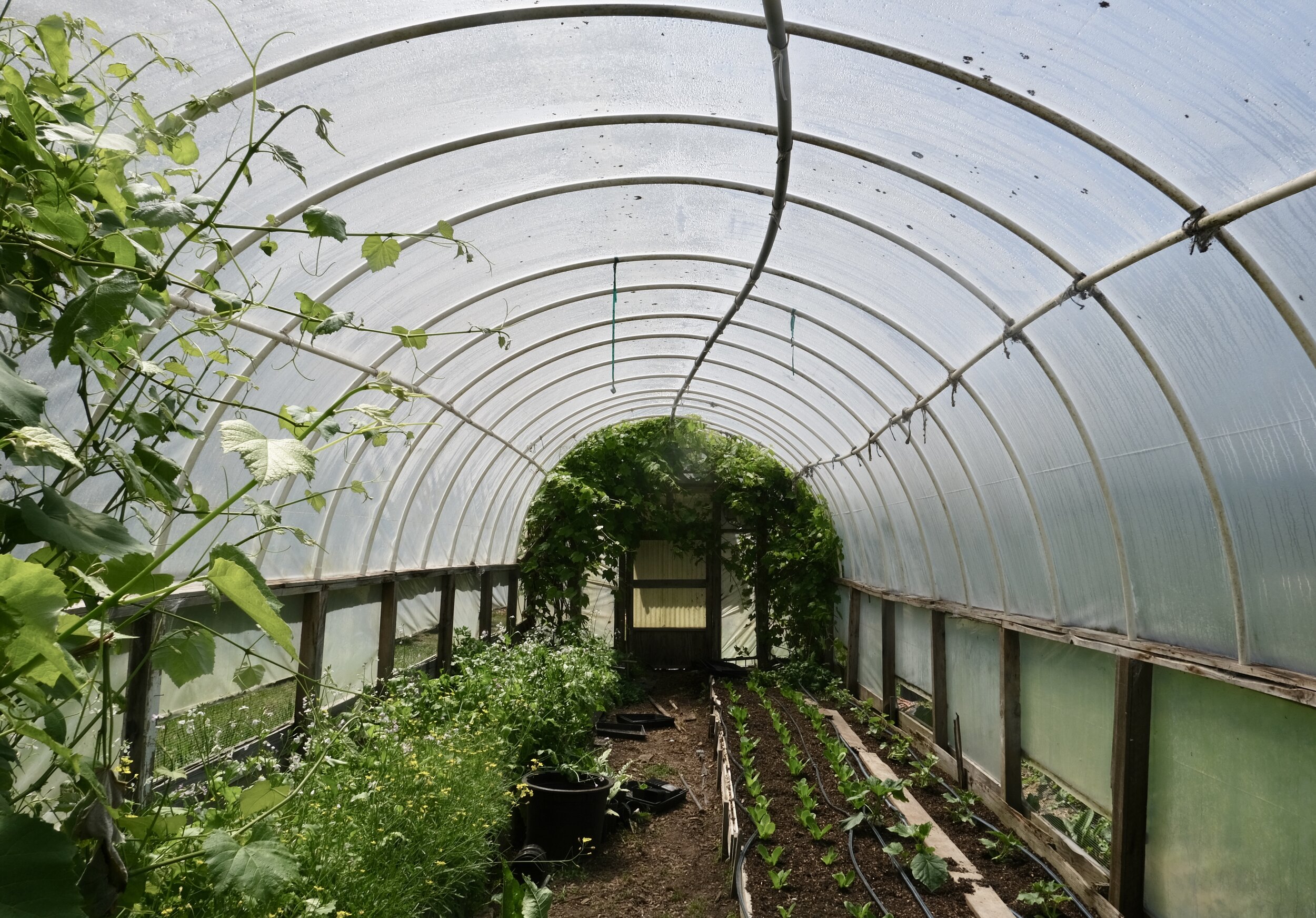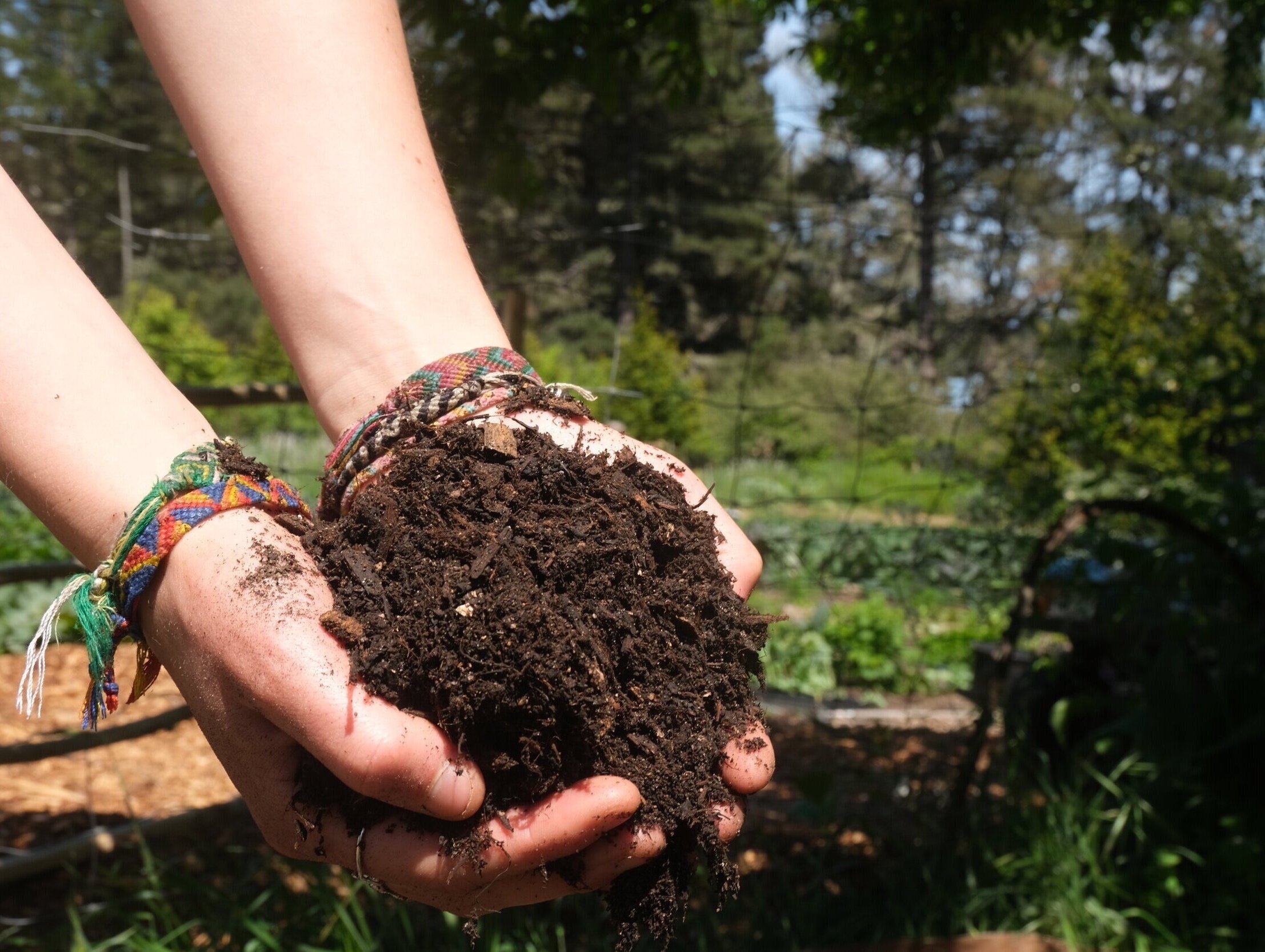
Making compost law and policy more accessible to everyday people.
Brought to you by Sustainable Economies Law Center in collaboration with the Institute for Local Self-Reliance.Composting is a growing industry, with new community based operations popping up at urban farms and gardens, schools, community centers, restaurants, parks, and other locations nationwide.
However, the legal and regulatory landscape for making compost is more complex than most small-scale composters are aware. This website serves as a go-to place for community compost organizations seeking legal information and support, and also inspiration to advocate for decentralized and diversified compost law and policy.
First, let’s cover some basics.
Compost law, or lack thereof, sets the stage for how communities recover organic resources. In this intro video, you can learn the basics about the many layers of compost law, and become familiar with the areas of regulation that apply to this industry.
Then, let’s discover the possibilities.
Community composters serve an integral and unique role in both the broader composting industry and the sustainable food movement.
They are the social innovators and entrepreneurs that are collecting food waste by burning calories instead of fossil fuel, employing youth and marginalized groups, and developing innovative data-sharing applications and cooperative ownership structures. They are the compost educators and facilitators that are building equity and power in our communities from the ground up, by supporting businesses, schools, farmers, community centers, and other communities in need. They are the front lines, grassroots, boots-on-the-ground that are cultivating awareness of and demand for compost and its associated benefits. They are transforming landscapes, urban and rural (and everything in between), by getting compost into the hands that feed the soil that feeds us.
… and see how every bit makes a difference.
Community composting has many benefits, which include helping to:
meet ZERO WASTE and landfill diversion goals
increase state and local compost facility capacity
manage compost feedstock for contaminants
educate communities about composting
rebuild local soil health
generate high quality bio-renewable products
create local jobs
strengthen local food security
improve local air quality
When composting is small-scale and locally based, community participation and education can flourish. Community composting can also complement large-scale landfill diversion efforts and fill key capacity gaps at the local level. Expanding the reach, accessibility, and local benefits of composting by pairing community composting with industrial composting is a critical strategy for the U.S. to achieve ambitious food waste recovery goals.

So that YOU can make a difference, too.
Let your policymakers know how they can support community composting, and – importantly – RIGHT NOW is the time to do it. There are many windows of opportunity popping up to advocate for inclusive compost laws and policies!


